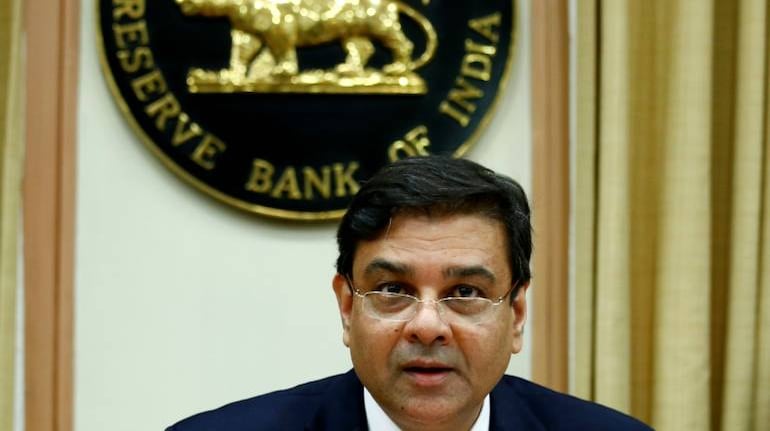
Latha Venkatesh
There were two speeches on public sector banks by two different policy makers this past week and the message the same — public sector banks (PSBs) can be fixed when the government stops appointing their board members.
On March 14, RBI Governor Urjit Patel, in a rare and landmark speech, pointed out that under the Banking Companies Act, the regulator does not have the power to supercede the board of a PSB for lack of performance, or even sack key management personnel like the managing director or board members.
Effectively, the governor was arguing that the governance problems of public sector banks emanate from the constitution of their boards. The boards of PSBs are packed with the government’s handpicked nominees who have to only answer to the government. Their loyalty is not even to the bank on whose board they sit, and they really don’t have to bother about the regulator.
Exactly a week later, Vinod Rai, chairman of the government-appointed Banks Board Bureau, put in the public domain a compendium of the BBB’s recommendations, most of which are yet to be acknowledged by the department of financial services. But the most important revelation of that compendium was Rai’s first chapter, in which he detailed the mandate the BBB sought for itself, but was not granted. Rai said the BBB wanted:
It’s not a surprise that both these stalwart policy makers are pointing to the same issue, because at the heart of PSU banks’ problems is the lack of independent and high-quality board members. But they are not the first to do so.
Former RBI Governor YV Reddy, in his book ‘Advice & Dissent’, wrote about how, when he was banking secretary in the early nineties, then finance minister Manmohan Singh was determined to improve the quality of PSU banks by improving their boards. Reddy said Singh asked him to draw up a list of financial experts from which he could pick board members.
Reddy did as he was bid and submitted a list. A few months later he confronted his minister about the latest on the PSU Bank board members issue. The minister replied that every name he suggested was rejected by the ruling party as a person “unfriendly” to the party. The party then started recommending names from which the ministry was to pick capable people. But the list invariably came without any details of address, qualification, achievements, assets or experience.
Eventually, Reddy wrote, the party even dispensed with the formality of sending the list to the finance ministry. Names were sent directly from the party to the appointments committee, which the latter approved.
PJ Nayak, a joint secretary in the finance ministry before he became Chairman of Axis Bank, also identified the real problem of PSBs to be their “compromised” boards. As Chairman of the Committee to Review Governance of Boards of Banks in India, Nayak judged that control of the government over PSU banks won’t end till its majority ownership in them was brought down.
So Nayak recommended the now famous holding company structure. He advised the creation of a holding company that will own all the government’s stake in PSU banks, and eventually divest its stake to below 51 percent, both in the holding company and in the subsidiary banks. Of course, as a precursor, the Banking Companies Act, he advised, has to be annulled and PSBs should be brought under the Companies Act. (Again an advice that found mention by YV Reddy, Vinod Rai and Urjit Patel.)
Most experts thought that the paradigm shift recommended by Nayak would never go through under the UPA regime, considering that the nationalisation of private banks and the creation of the Banking Companies Act was the brainchild of Congress’ Indira Gandhi. The hope was that an NDA government, under a prime minister whose main plank is Swachh governance, would be more receptive to the idea of separating the ownership of these banks from its control, even if it did not involve privatising them completely.
But no. The flat refusal of the government to Vinod Rai’s and the BBB’s demand to appoint non-executive board members, to send their recommendations directly to the appointments committee, and to frame the roadmap for the creation of a holding company, shows that the NDA is no more ready for independently-run PSU banks than the Congress or the UPA ever was.
From LK Jha to Manmohan Singh, from YV Reddy to N Vaghul, from PJ Nayak to Vinod Rai to Urjit Patel: all the good doctors have prescribed the same medicine. But the political dispensations aren’t listening. For now, India looks condenmned to have “sick” state-owned banks.
Discover the latest business news, Sensex, and Nifty updates. Obtain Personal Finance insights, tax queries, and expert opinions on Moneycontrol or download the Moneycontrol App to stay updated!